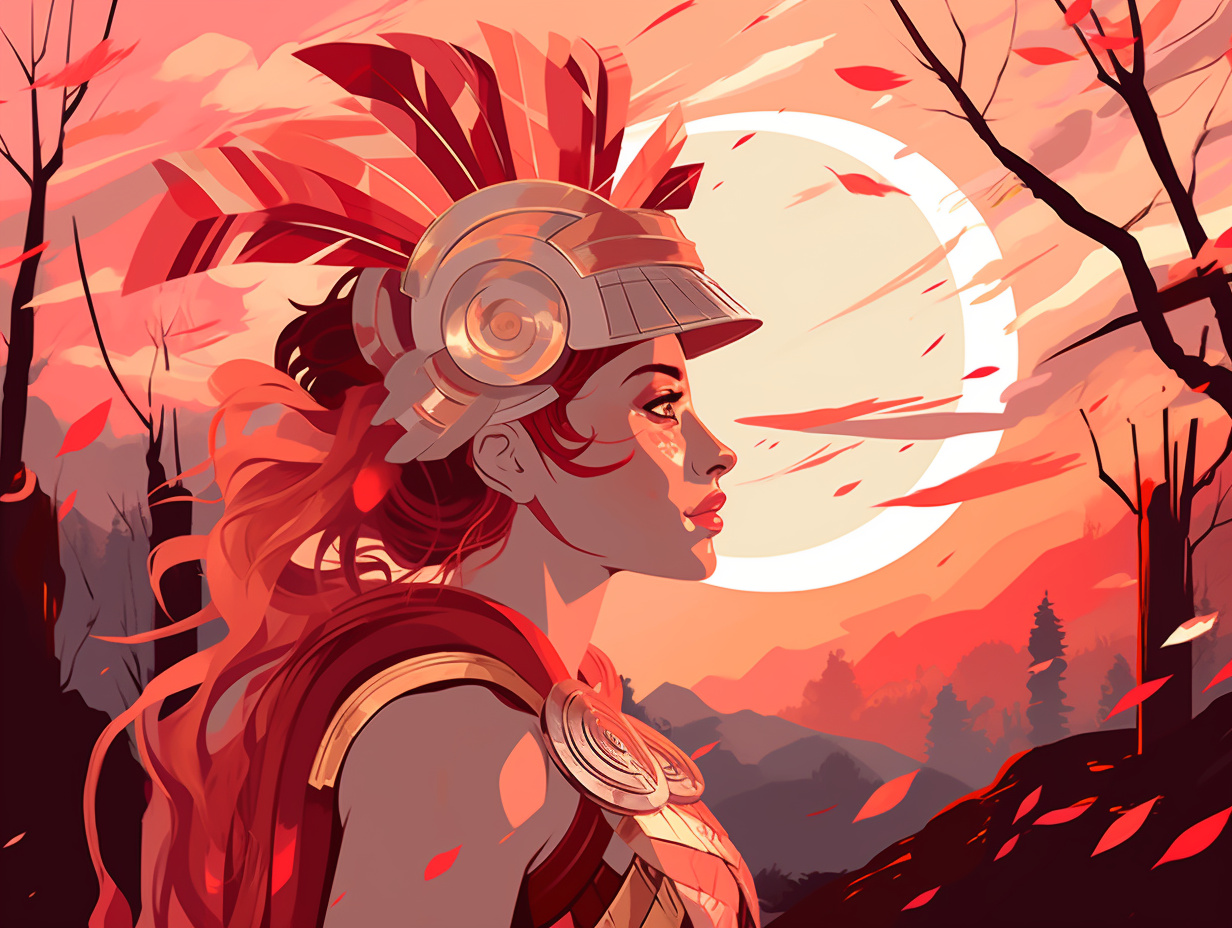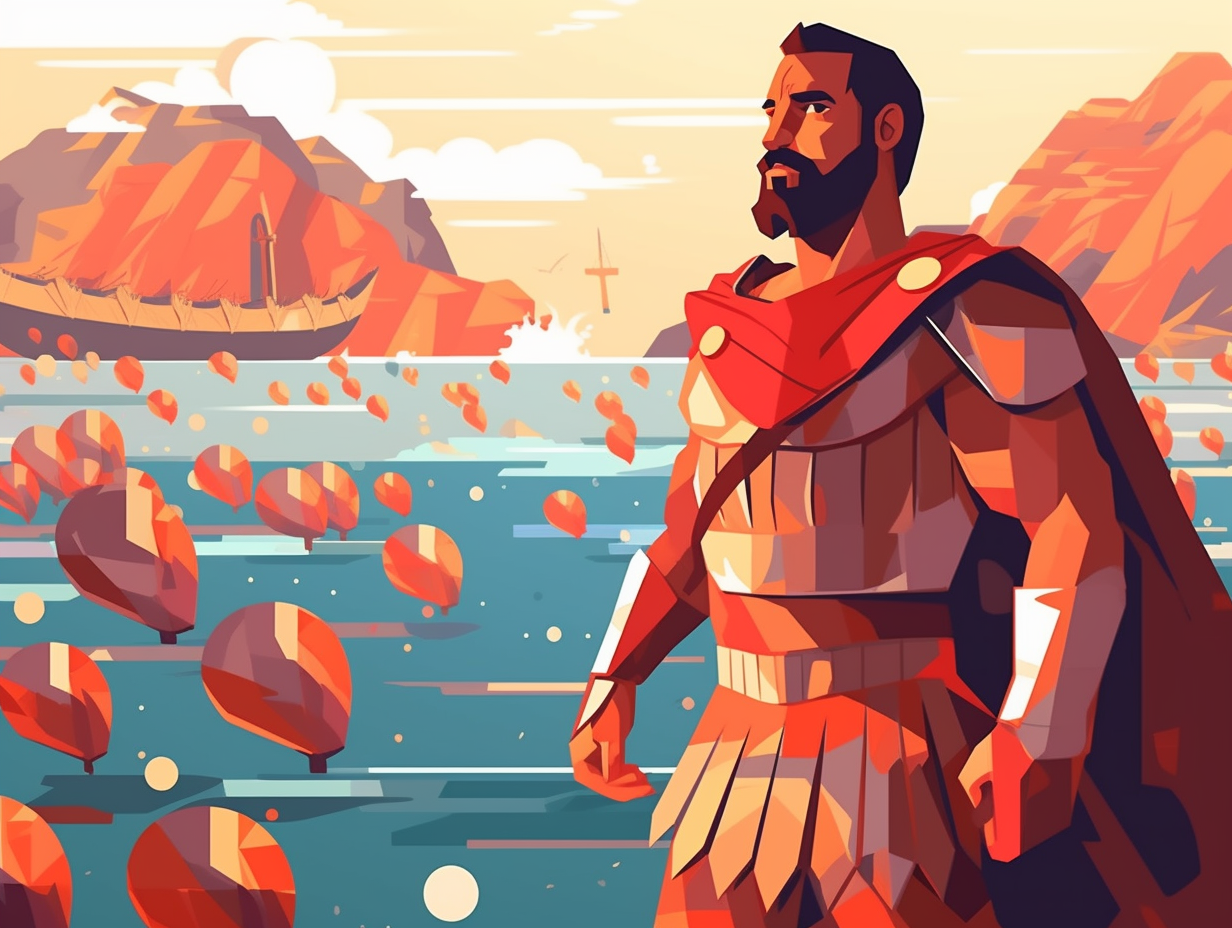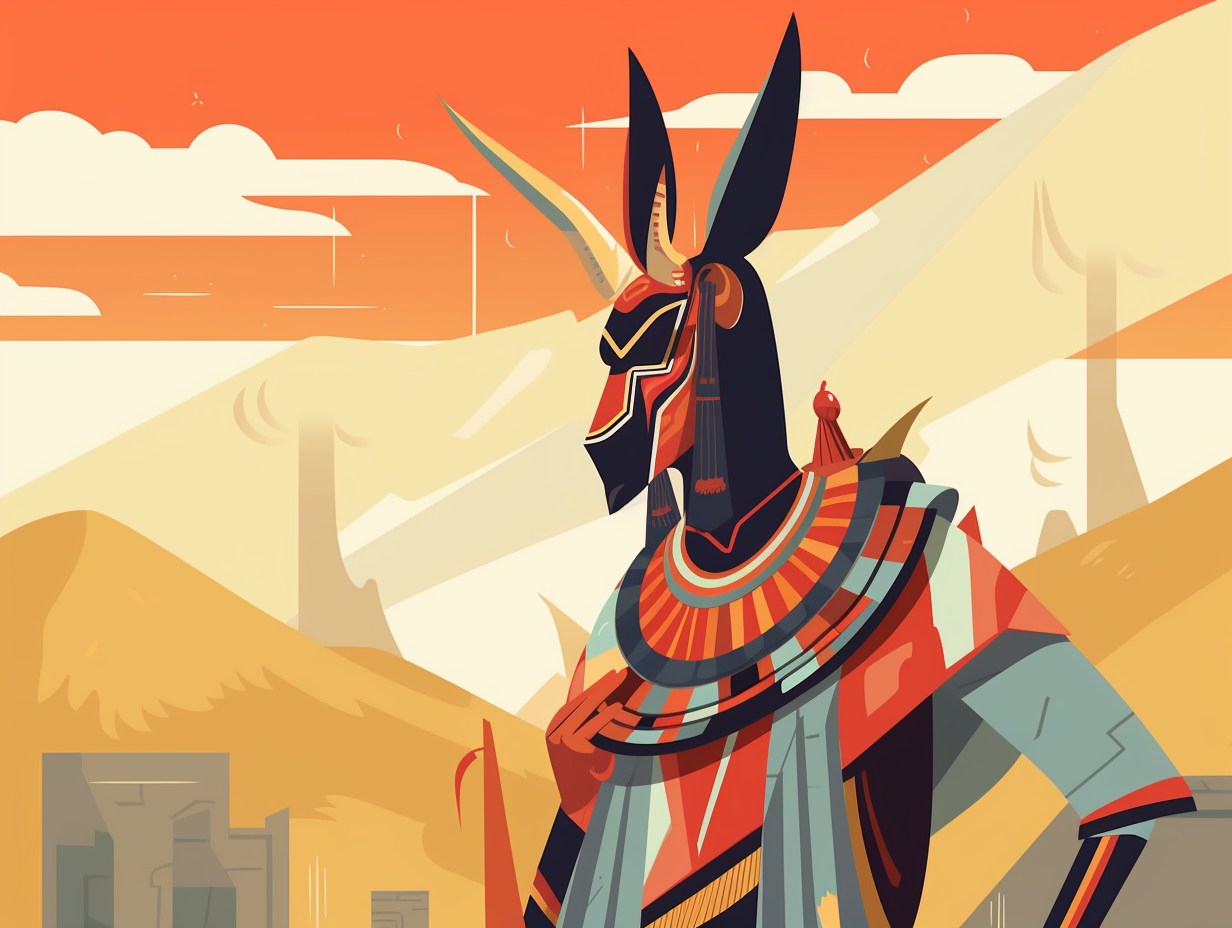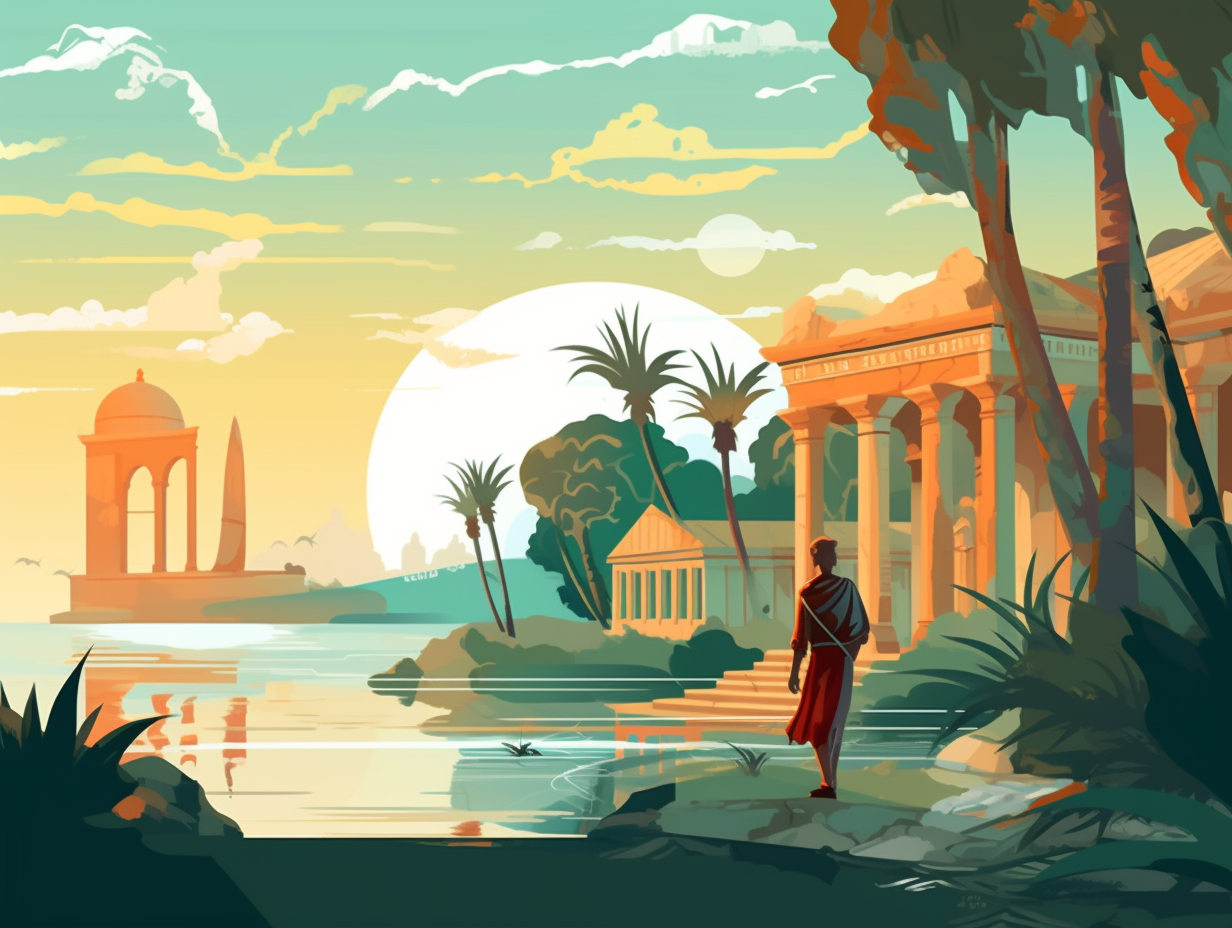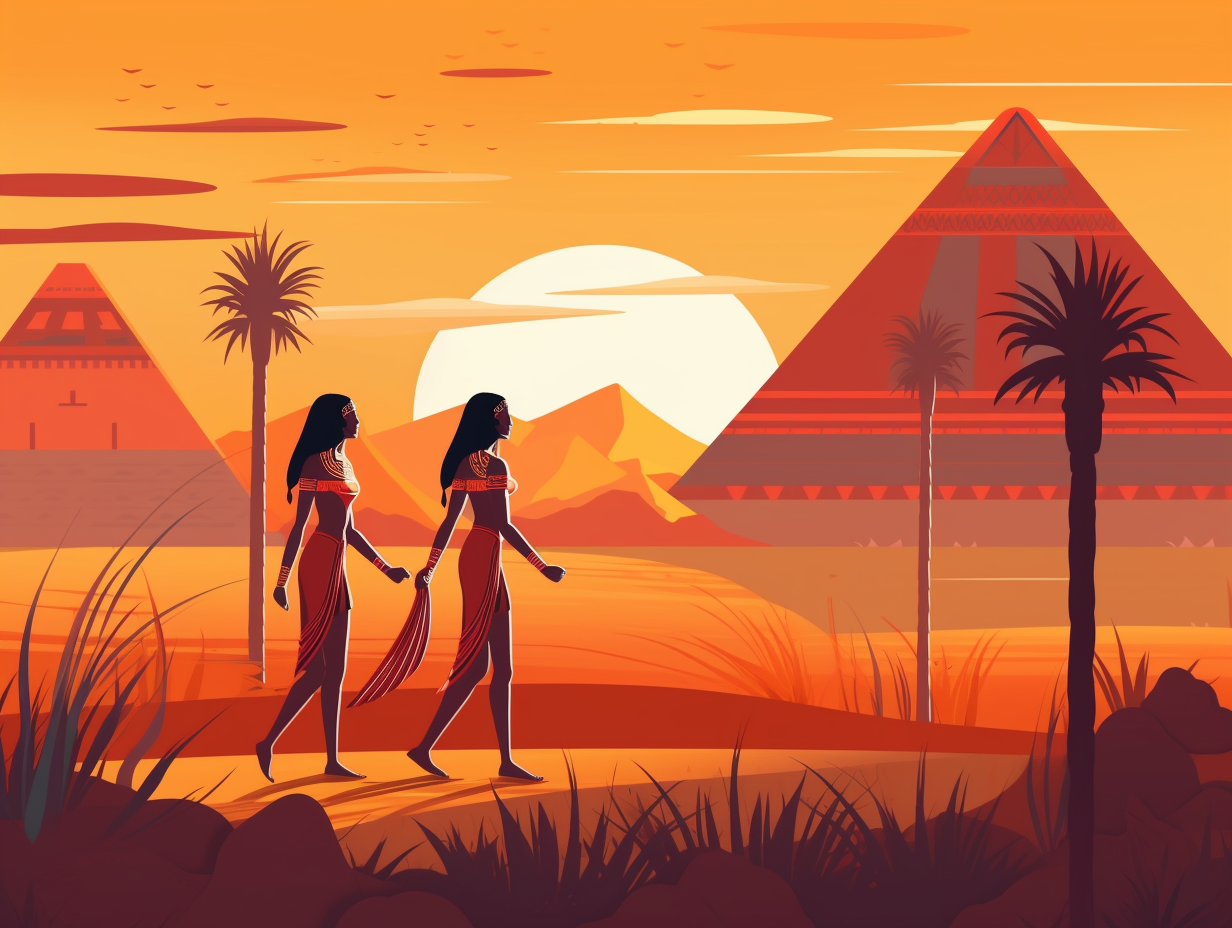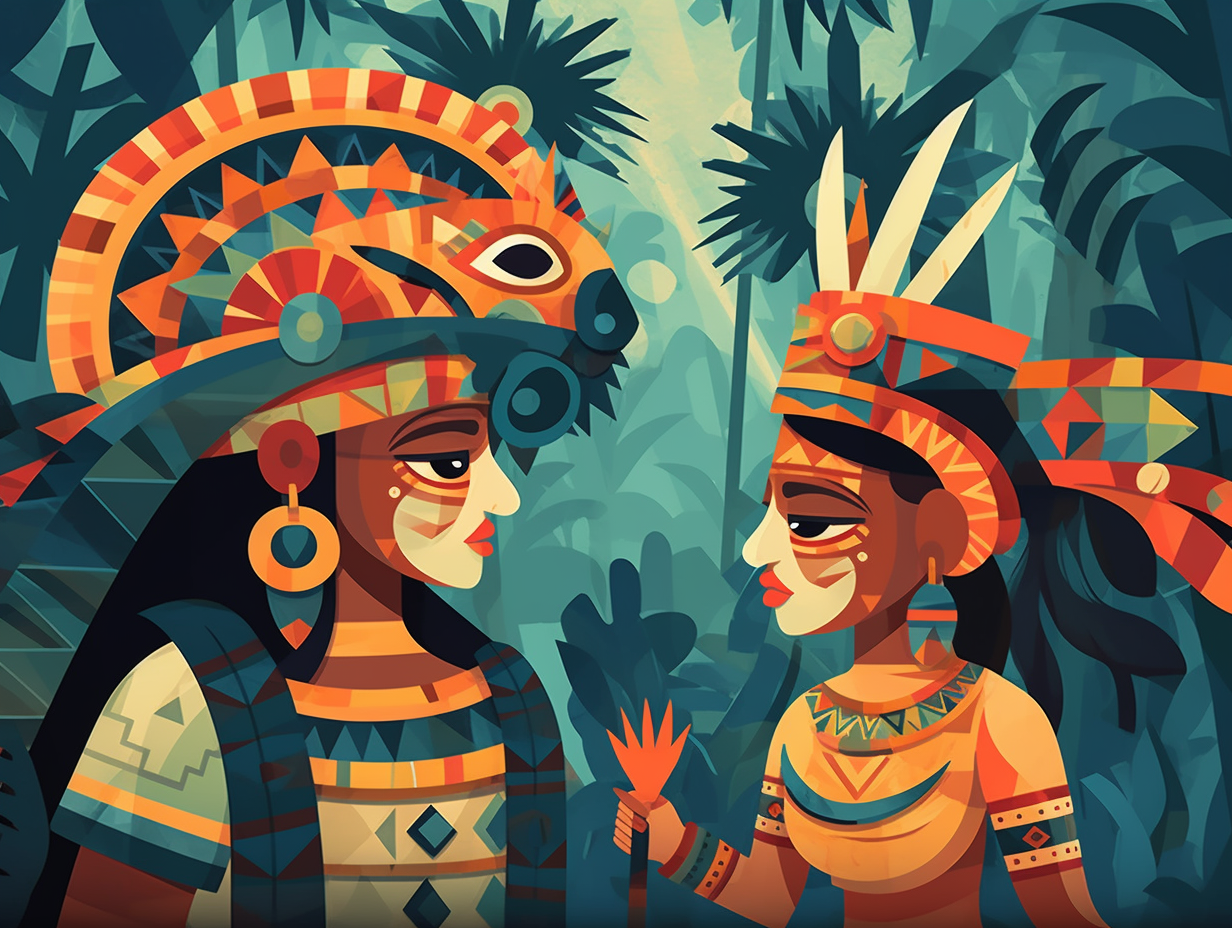21 Entertaining Fun Facts About Greece You Never Knew: Discover Ancient Wonders and Modern Marvels

1. Underwater Ancient City
Next time you're planning a deep-sea dive, don't forget to pack your toga: Pavlopetri, the oldest submerged city in the world, awaits exploration off the coast of southern Laconia in Peloponnese, Greece. Known to Atlantis enthusiasts as the "Ancient Greek Waterpark," this 5,000-year-old city was tragically plunged into Poseidon's kingdom due to earthquakes and rising sea levels. So grab your scuba gear and brush up on your underwater archaeology skills, because this is one historical deep dive you won't want to miss!
Source => en.wikipedia.org
2. Bee-lieve in Greek Honey
In Greece, bees just can't help but dance the Zorba: the country boasts the highest density of bee colonies in all of Europe! With 11.4 colonies per square kilometer, Greece is known as the "land of honey", producing about 30,000 tons of the sweet nectar each year. This is all thanks to its rich biodiversity and perfect Mediterranean climate, which allow these busy bees to create some of the most delectable honey in the world, and inevitably, adding a sweet touch to the Greek cuisine and culture.
Source => greeknewsagenda.gr
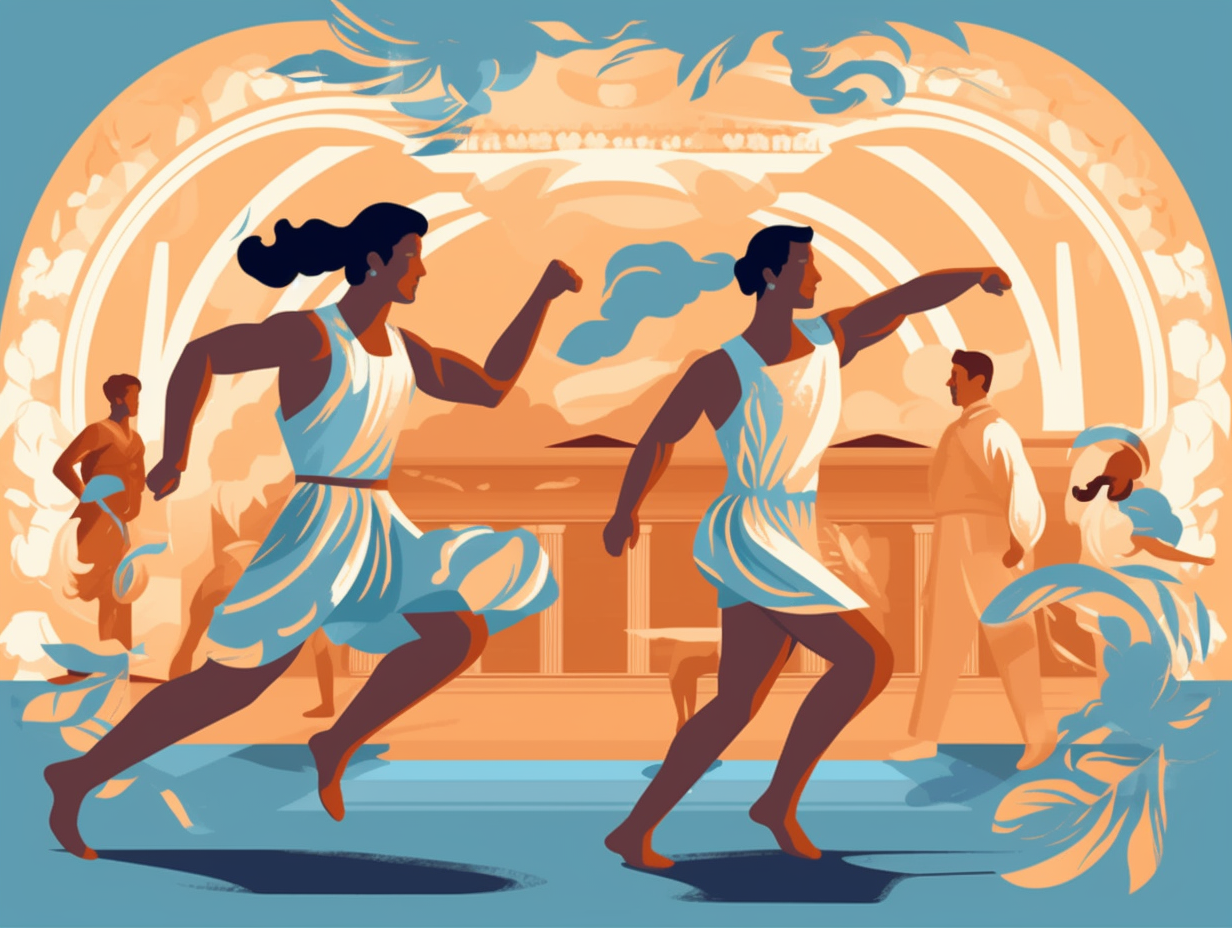
Did you know the ancient Greeks also longed for Olympic glory without breaking a sweat? Discover the surprising origins of the games, their extravagant prizes, and a shocking modern twist on this classic tradition! 🏃💰🔥
=> Fun Facts about Ancient-Greece-Olympics
3. Nude Olympics, Anyone?
Hold on to your togas, folks: in ancient Greece, the first Olympics of 776 B.C. were a buff, all-male affair dedicated to Zeus - with athletes sprinting starkers and wrestling in their birthday suits, alongside less familiar contests like chariot racing and the pankration, a brutal martial art that would make modern MMA fighters wince!
Source => kids.nationalgeographic.com
4. Greek Influences Everywhere
Who needs a Greek salad when you can feast on a Greek smorgasbord of culture, language, and music that's left even the ancient gods grooving in their togas? It's all Greek to us, but in a fun way: Greece is home to numerous UNESCO World Heritage sites, boasts a contemporary arts scene to rival Olympus, and Greek language generously loans out more than an impressive 12% of English vocabulary, with 25% of these words indirectly borrowed from our Mediterranean muses.
Source => en.protothema.gr
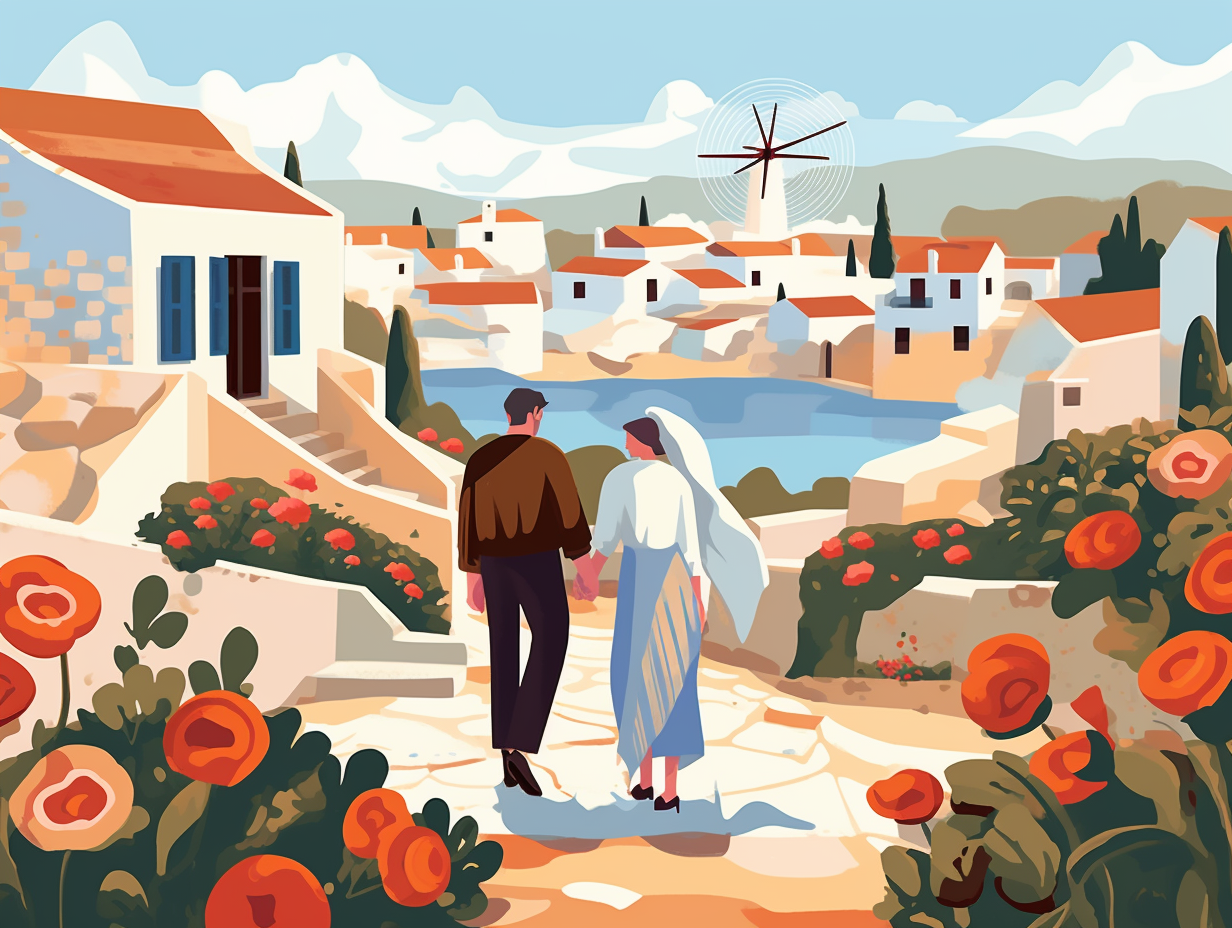
5. Sailing on the Flag Waves
If you can't decide between dressing up as a Greek flag or as a sailor, we've got good news for you; they're basically the same thing: The Greek flag, adopted in 1978, features blue and white stripes representing the colors of their sky and sea, along with a cross symbolizing their Eastern Orthodox Christian heritage, with the nine stripes said to signify the letters of the word "freedom" in Greek.
Source => en.wikipedia.org
6. Greece: The Wise Old Country
Who said the silver screen is just for Hollywood? The Greeks have their own version, and it's covered in wisdom rather than glitter: Nearly 22% of Greece's population consists of older adults aged 65 and above, making it one of the top five European countries with the highest percentage of elderly folks. Greece is part of Southern Europe, the oldest region globally, rubbing wrinkled shoulders with Italy and Portugal – although Japan still takes the golden walker with 28.2% of its population being older adults.
Source => prb.org
7. Mt. Olympus: Gods' Address
In a land of retired gods, now auditioning for parts in Percy Jackson movies, stands their former abode: Mount Olympus, the highest mountain in Greece, stands tall at 9,570 feet (2,917 meters) above sea level, once believed to be the divine dwelling of those ancient Greek deities.
Source => kids.nationalgeographic.com
8. Island-Hopping Galore
Greece: where getting lost in translation means island hopping through thousands of sun-soaked specks of paradise: In reality, Greece boasts a whopping 1,200 to 6,000 islands, of which only 166 to 227 are inhabited, with each island group offering its own unique charm and characteristics – from the Argo-Saronic Islands to the Ionian Islands!
Source => en.wikipedia.org
9. Ancient Athens: Democracy Origin
In a time when "pass the remote" meant quietly asking your fellow citizen for a chance to speak up, Athens was paving the way for democracy: Following the Athenian Revolution in 508-507 BCE, the city-sprawling democracy gave male citizens the opportunity to participate in assembly meetings and established a council of elected representatives, effectively ending aristocratic oligarchy and setting the foundation for democratic ideals as we know them today.
Source => en.wikipedia.org
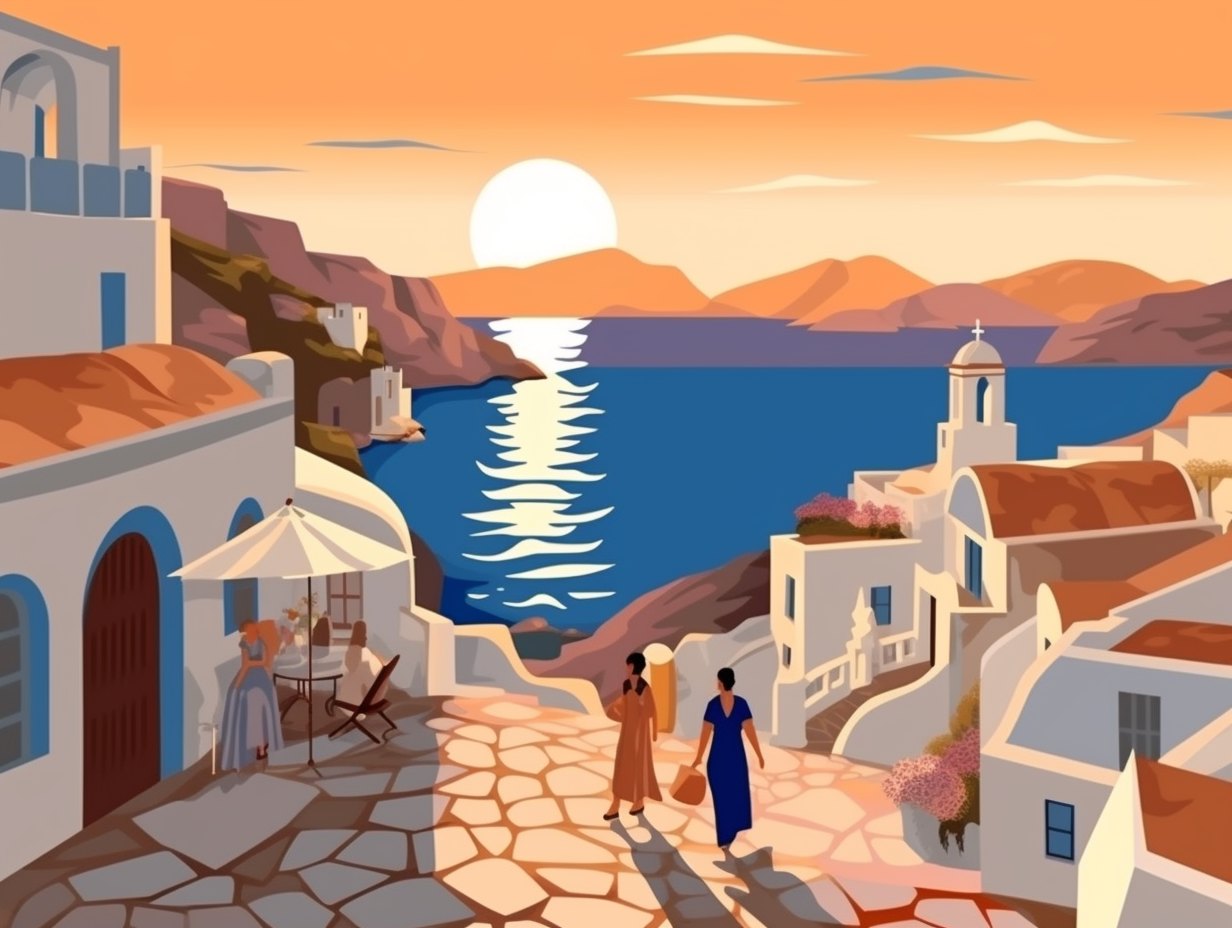
10. Greece's Political Conga Line
In a Greek political dance of democracy featuring a President, a Prime Minister, and a Ministerial Council, they form a governmental conga line, swaying to the rhythm of a smooth decision-making process: The President is elected by the Parliament every five years as the Head of State, while the Prime Minister serves as the Head of Government, and together with the Ministerial Council, they make decisions for Greece, sharing power between the legislative, executive, and judicial institutions.
Source => mfa.gr
11. Ancient Greek Drama Club
You know what they say, "All the world's a stage" - and the ancient Greeks could definitely attest to that! With playwrights adding more drama than a reality TV show, and wealthy citizens using their sponsorship to score political brownie points, the theater scene in ancient Greece was the original drama club: In fact, it was Greek playwrights like Aeschylus, Sophocles, and Euripides who introduced innovations such as multiple speaking roles, a prologue, and the deus ex machina. The Theatre of Dionysus in Athens laid the foundation for what would become a popular pillar of Greek culture: theaters dedicated to comedy, tragedy, and satyr plays, shaping the world of drama we hold so dear today.
Source => pbs.org
12. A Minotaur-Free Education
Whoever said that there's no such thing as a free lunch never heard about Greece, where tuition fees are as mythical as the Minotaur: Greece offers free education for all citizens between the ages of 6 and 15, with early education and care available for younger kids. Higher education is also gratis, making it a frugal student's wonderland with 25 universities and technical institutes to choose from.
Source => trade.gov
13. Mt. Olympus: Biodiversity Haven
Why did the Greek gods need a vacation? They already lived on a mountain paradise: Mount Olympus in Greece is not only home to the highest peak in the country, Mytikas, at 2,917.727 meters, but also boasts 52 peaks in total and is a World Biosphere Reserve filled with rich flora and exceptional biodiversity.
Source => en.wikipedia.org
14. Nocturnal Athenian Adventures
Why did the Athenian chicken cross the road? To experience that "Gazi" gaze in the city that never sleeps: Athens boasts a vibrant nightlife ranging from modern clubs in hip districts like Gazi to timeless bars reflecting the rich history of the city like Patsion.
Source => traveltriangle.com
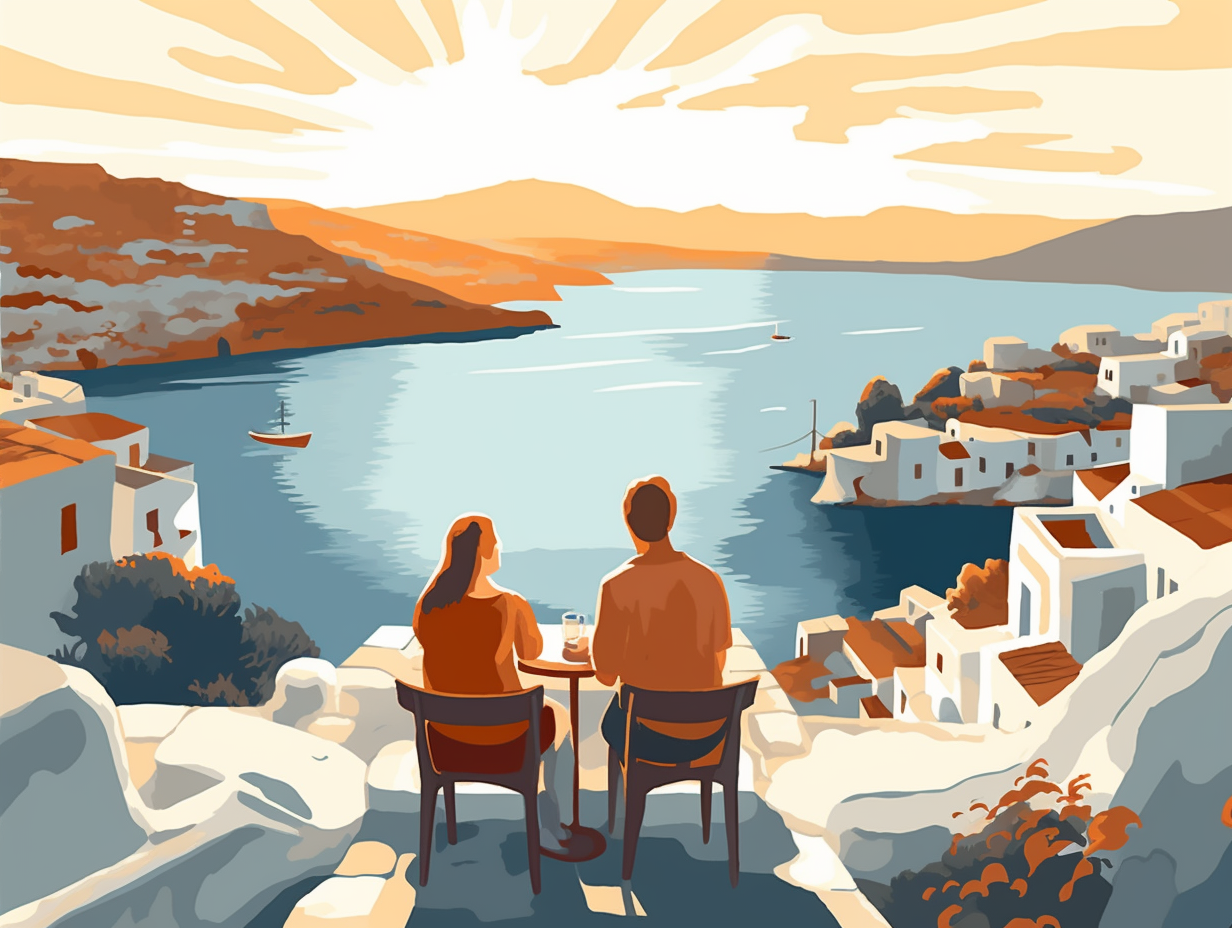
15. Tsarouchis: Art's Queer Crusader
Who said Ancient Greece had all the fun? Turns out, mid-20th century Greece was partying too, with bold artists painting homoerotic masterpieces – basically, Greek gods taking their togas off and breaking all taboos: Yannis Tsarouchis, a Greek painter born in 1910, fearlessly explored queer themes in his art and is now celebrated in his first major US exhibition at Wrightwood 659, featuring over 200 of his works that challenged censorship and societal norms while drawing inspiration from Byzantine art, El Greco, and Western modernism.
Source => hyperallergic.com
16. Greece's Heritage Bucket List
What do you get when you cross an ancient temple with a breathtaking cliffside? That's right, it's the pièce de résistance of Greece's bucket list destinations: With 18 UNESCO World Heritage Sites, including the legendary Acropolis of Athens and the awe-inspiring Meteora, Greece offers a tantalizing blend of cultural and natural attractions perfect for the history buff and nature lover alike.
Source => en.wikipedia.org
17. Thessaloniki: Party Apostle
In a twist worthy of M. Night Shyamalan, the Apostle Paul once ditched his sandals for dancing shoes and became the life of the party in Thessaloniki: Thessaloniki, Greece's second-largest city, not only laid witness to the Apostle Paul's sermons back in the 1st century AD but also boasts a colorful cultural scene including events like the Thessaloniki International Trade Fair and the Thessaloniki International Film Festival. In 2014, it was even named the European Youth Capital while remaining rich in history as an important metropolis during the Roman and Byzantine periods and housing numerous Byzantine monuments, one of which is a UNESCO World Heritage Site.
Source => earth.esa.int
18. Only 58th Happiest Country
In a land where Socrates philosophized and Hercules flexed, happiness takes a backseat to history, gods, and smashing plates: Greece is ranked as the rather moderate 58th happiest country in the world, according to the World Happiness Report 2022.
Source => wisevoter.com
19. Earth: Definitely Round
Feeling a little round these days?: Over 2,000 years ago, Hellenistic astronomers figured out the Earth was indeed round, not flat like a pancake, and even calculated its circumference. This "well-rounded" knowledge gradually spread around the Old World, and in the 16th century, Magellan and Elcano circled it in a giant-sized leap for human understanding.
Source => en.wikipedia.org
20. Salad Empire Headquarters
If vegetal capitals sound like the headquarters of a salad empire, we're here to leaf-no-stone-unturned and get to the root of their real origin: The ornate Corinthian order of architecture, with its signature acanthus leaf carvings, originated in ancient Greece as a fancier alternative to the Ionic order, inspired by the sculptor Callimachus' rendition of acanthus leaves encircling a votive basket in the city-state of Corinth.
Source => smarthistory.org
21. Homeostasis with Gaia Hypothesis
Ever wondered why Earth has that "just right" feeling like a perfectly baked souffle, without being smothered in a cloud of environmental doom? Thank James Lovelock and Lynn Margulis, the culinary concoctors of planetary balance: They put forth the Gaia hypothesis 40 years ago, proposing that life on Earth self-regulates its environment, creating optimal conditions for further survival and evolution, effectively making our planet one big, happy, self-sustaining cell-ebritant soup.
Source => greenpeace.org
Related Fun Facts

